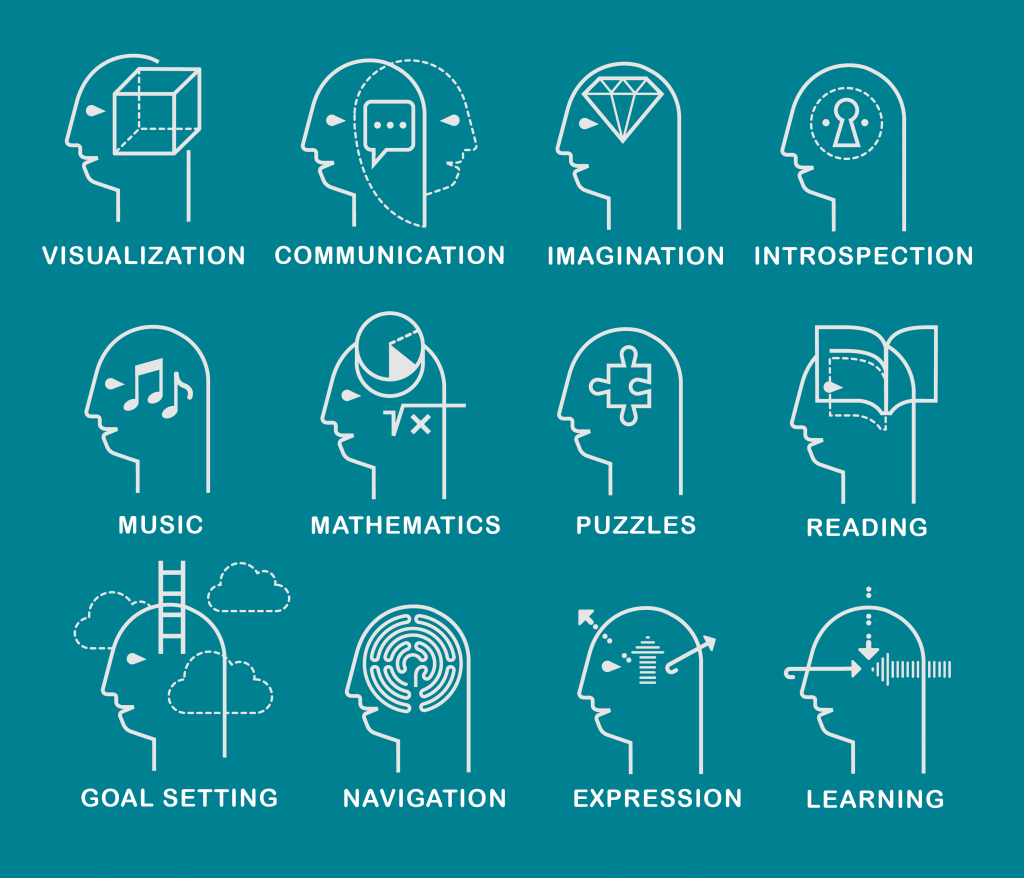
Tips for Training Memory
Age-related memory loss can be devastating to the person suffering from it as well as for their loved ones. How is it that some people can recite Shakespeare from memory and others do not remember what they had for breakfast? Genetics is an important factor, but so is our lifestyle. Healthy diet, exercise, abstinence from smoking, and keeping cholesterol, blood pressure, and sugar under control has been shown to help protect memory and prevent memory loss. Additionally, having a mentally active life is crucial. Mental exercise helps to keep mental skills and memory sharp, just like exercise helps to keep the muscles toned and the body strong.
Here are some tips on how to keep your brain working:
- Make Your Own Decisions: Having to deal with everyday tasks that require simple decision making and problem solving such as running errands and making appointments can help keep your memory in check.
- Care for Someone: Studies have shown that caring for a pet or spending time with a grandchild can boost different aspects of memory and reasoning.
- Find a Hobby: Creating art, making handmade cards can activate brain parts that have been less active. There may even be benefits associated with games such as sudoku, crossword puzzles, and board games.
- Learn Something New Every Day: Start learning a new language (or just vocabulary words), read recent news in the fields of science, medicine, archeology, or anything that interests you and share this information with your friends and family. Memorizing train your brain to remember and to retain the information.
- Get out of Your Comfort Zone: A study published by Cognition revealed that walking backward may improve short-term memory. According to the publication, people who walked backward, or even watched a video simulating backward motion had a better recollection of past events than those who walked forward or sat still.
Stay mentally engaged. Your brain is like a muscle – you have to keep working it to avoid atrophy. Try to stimulate your mind on a daily basis by engaging in intellectual work and play.

A neurologist can diagnose memory and cognitive issues and design a treatment plan to address both the symptoms and their underlying causes. If you believe you or a loved one suffers from memory or cognitive impairment, it is important to address the signs as early as possible to prevent symptoms from worsening and to rule out or treat potentially serious underlying conditions such as Alzheimers. To learn more or to request an appointment with the specialists at Cayman Neurology and Pain Management, call 1 (345) 943-6900 or click on the link below.



